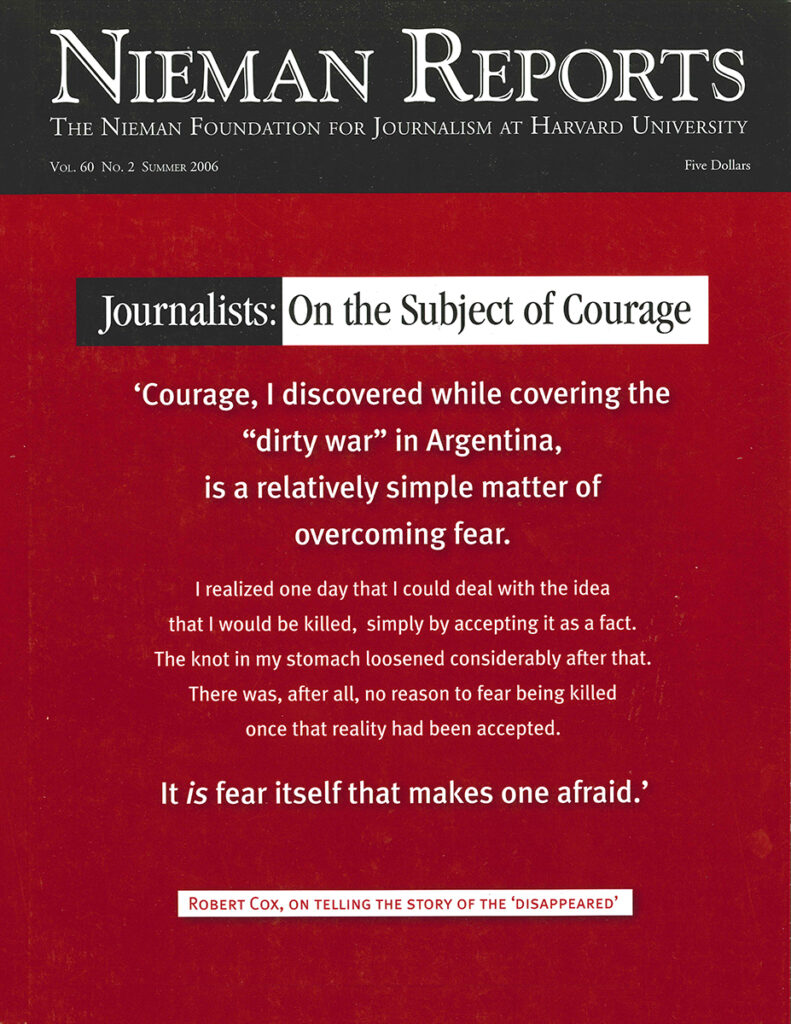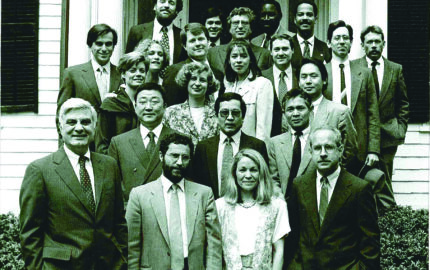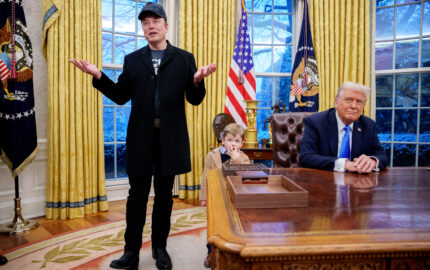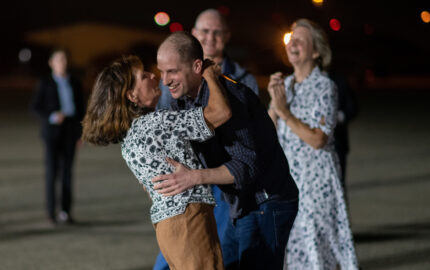In the working life of most American journalists, courage does not typically define what we do. Holding public officials and corporate leaders accountable, digging through files and records and challenging what political and business leaders say can be difficult. Resisting a court order to answer questions about sources can result in serious consequences. But in a society in which the rule of law and First Amendment press freedoms prevail, these activities do not require an unusual degree of courage. There are dangerous assignments for U.S. journalists, to be sure — combat coverage and editorializing about civil rights in the South in times gone by come to mind. But the daily routines of our nation's newsrooms are not life threatening.
I did not appreciate the full meaning of this until soon after I arrived at Lippmann House in August 2000, when a phone call from Tim Golden, a New York Times reporter and 1996 Nieman Fellow, brought Ignacio Gómez, a young Colombian investigative reporter, into our lives. Nacho, as he is known, had been forced to flee Colombia — his country, where more than 30 journalists had been murdered — after his newspaper, El Espectador, published stories in which Colombian police and military were linked with violent right-wing paramilitaries. In one of the stories, a Colombian military colonel was said to have masterminded the 1997 massacre in Mapiripán, in which right-wing paramilitaries killed nearly 30 people for allegedly supporting left-wing guerrillas. Nacho received hundreds of death threats after that article was published.
Nacho joined the 2001 Nieman class and he, along with several other fellows, reminded us all of places where the practice of journalism is a courageous act.
In January 2003, we met Geoff Nyarota, the founder and editor of The Daily News in Zimbabwe. The government had orchestrated his firing as editor, then sent Zimbabwean police in a raid on his home, hoping to arrest him. Geoff and his family narrowly escaped across the border to South Africa. After a brief exile there, and with help from the Committee to Protect Journalists, he found sanctuary as a member of that Nieman class.
This spring, David Sylvester, a 1986 Nieman Fellow, called to say that during an assignment in Guatemala he'd encountered three investigative reporters for the weekly newspaper, elPeriodico, who were under threat by the government as a consequence of their reporting. They were determined to continue their work but needed to learn more about investigative reporting. "What could the Nieman Foundation do to help them?" Sylvester asked me.
These journalists' commitment to their reporting inspired us to create a "mini" fellowship to bring them to Cambridge for a week in mid-May. They worked with The Boston Globe's Spotlight Team, attended a watchdog journalism conference presented by Investigative Reporters and Editors and The Associated Press Managing Editors NewsTrain program at Lippmann House, and met with Nieman Fellows. They talked about the difficulties of their journalistic work in Guatemala; one described how his home was ransacked by government police looking for records and of the death threats made to the paper's owner by agents who held him and his family hostage in their home.
In telling of their experiences, Gómez, Nyarota, our new friends from Guatemala, and journalists in many Nieman classes, recent and past, have taken other journalists to places deep inside themselves where an understanding of what courage feels and looks like emerges. What we've learned from them is how what's happened has toughened their resolve to do what journalists do even when danger is all around them. Often, too, what Nieman colleagues from abroad and the United States absorb from these exchanges is a greater appreciation of the inestimable value a free press holds.
I did not appreciate the full meaning of this until soon after I arrived at Lippmann House in August 2000, when a phone call from Tim Golden, a New York Times reporter and 1996 Nieman Fellow, brought Ignacio Gómez, a young Colombian investigative reporter, into our lives. Nacho, as he is known, had been forced to flee Colombia — his country, where more than 30 journalists had been murdered — after his newspaper, El Espectador, published stories in which Colombian police and military were linked with violent right-wing paramilitaries. In one of the stories, a Colombian military colonel was said to have masterminded the 1997 massacre in Mapiripán, in which right-wing paramilitaries killed nearly 30 people for allegedly supporting left-wing guerrillas. Nacho received hundreds of death threats after that article was published.
Nacho joined the 2001 Nieman class and he, along with several other fellows, reminded us all of places where the practice of journalism is a courageous act.
In January 2003, we met Geoff Nyarota, the founder and editor of The Daily News in Zimbabwe. The government had orchestrated his firing as editor, then sent Zimbabwean police in a raid on his home, hoping to arrest him. Geoff and his family narrowly escaped across the border to South Africa. After a brief exile there, and with help from the Committee to Protect Journalists, he found sanctuary as a member of that Nieman class.
This spring, David Sylvester, a 1986 Nieman Fellow, called to say that during an assignment in Guatemala he'd encountered three investigative reporters for the weekly newspaper, elPeriodico, who were under threat by the government as a consequence of their reporting. They were determined to continue their work but needed to learn more about investigative reporting. "What could the Nieman Foundation do to help them?" Sylvester asked me.
These journalists' commitment to their reporting inspired us to create a "mini" fellowship to bring them to Cambridge for a week in mid-May. They worked with The Boston Globe's Spotlight Team, attended a watchdog journalism conference presented by Investigative Reporters and Editors and The Associated Press Managing Editors NewsTrain program at Lippmann House, and met with Nieman Fellows. They talked about the difficulties of their journalistic work in Guatemala; one described how his home was ransacked by government police looking for records and of the death threats made to the paper's owner by agents who held him and his family hostage in their home.
In telling of their experiences, Gómez, Nyarota, our new friends from Guatemala, and journalists in many Nieman classes, recent and past, have taken other journalists to places deep inside themselves where an understanding of what courage feels and looks like emerges. What we've learned from them is how what's happened has toughened their resolve to do what journalists do even when danger is all around them. Often, too, what Nieman colleagues from abroad and the United States absorb from these exchanges is a greater appreciation of the inestimable value a free press holds.



